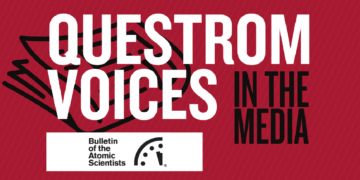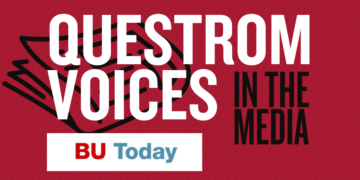Medicare has recently initiated negotiations to lower prescription drug costs, aiming to make medications more affordable for Americans. This program is hailed by some as getting value for American consumers who are overpaying for drugs. However, critics argue that these negotiations are a form of price controls that will stifle pharmaceutical innovation.
A single payment for drugs tries to solve two problems with only one tool. The problem with high drug prices is that they deter the use of valuable care and pose a financial burden on patients. The problem with low drug prices is that they reduce the incentives to develop new and valuable innovations.
What if there were a better way?
Instead of paying a single price for both innovation costs and productions, we can pay for these things separately. A fixed payment for developing an innovative production and a separate, much smaller payment for each additional unit sold. The costs of making an additional unit of a drug are typically very low, so most patients whose health would benefit from the drug shouldn’t be deterred by high prices.
Economists call these types of dual payments “two-part tariffs.” A fixed payment compensates forms for the value of innovation, while a lower per-unit price gets the right level of access.
Two-part tariffs can take various forms. Some states have already adopted subscription models for high-cost medicines to treat hepatitis C. The state pays a fixed fee but can then treat as many people as needed for no or low additional cost. The company gets paid for innovation, but patients aren’t deterred from using an expensive drug.
A similar proposal is a “patent buyout,” in which the government buys the patent to a new drug to compensate the firm for innovation. Then, the drug is placed in the public domain, becoming generic and available at a price near what it costs to produce another pill.
It is difficult to implement these proposals because it is hard to get the innovation payment right. However, the controversy over Medicare’s price negotiations underscores how difficult it is to find a single-price solution that effectively does two jobs.



























